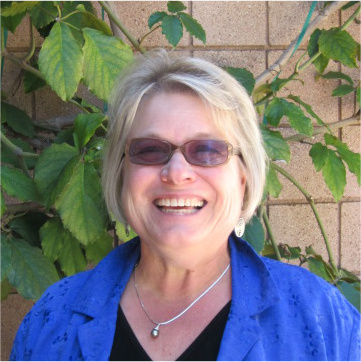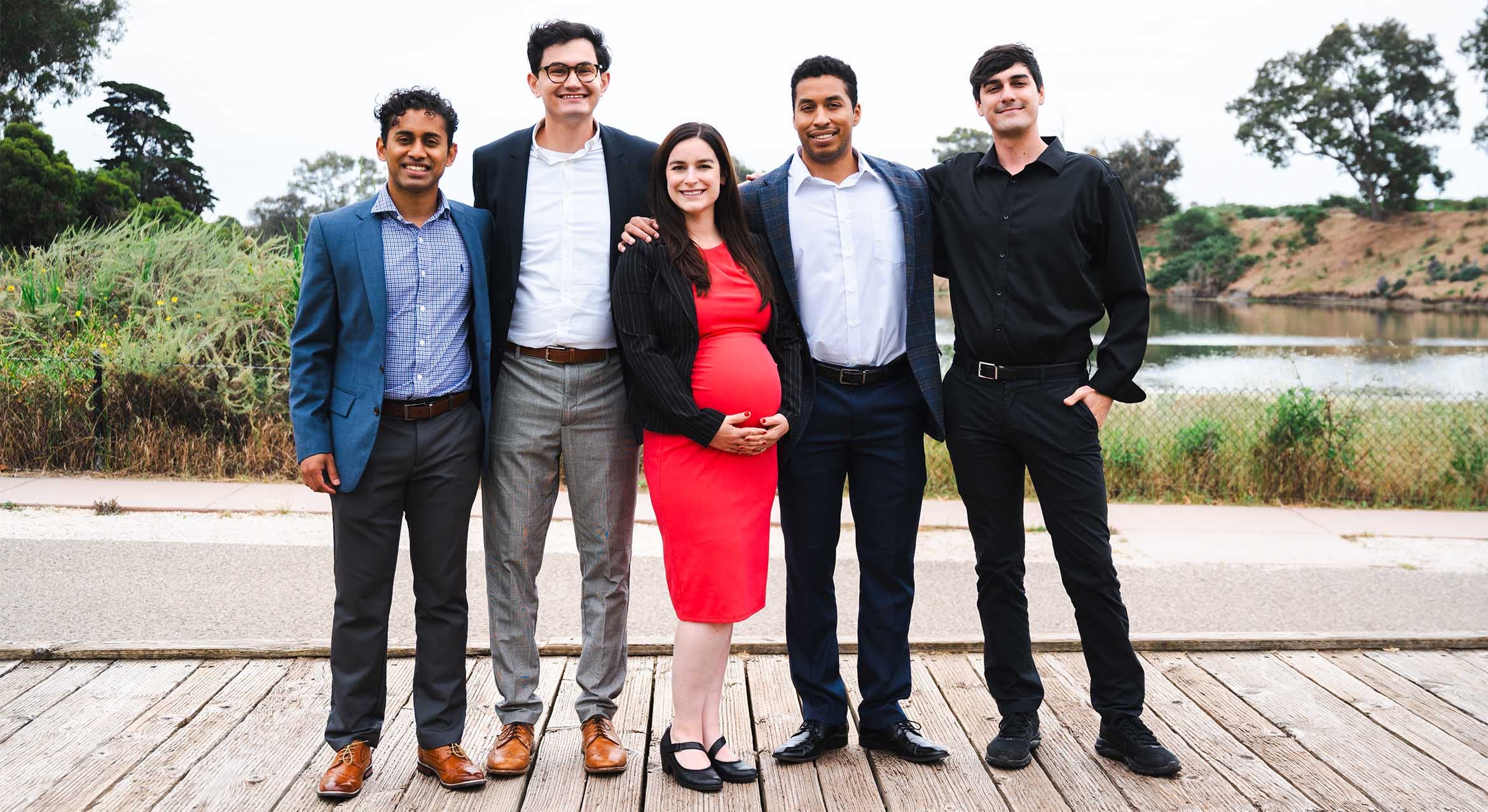
Major Honor
Driven by a relentless curiosity about the intricacies and interplay of stigma and self-esteem, UC Santa Barbara social psychologist Brenda Major has been researching and publishing on the topic for decades. Along the way, she’s also racked up myriad awards for her work.
A new honor can now be added to the list.
In recognition of her rich and continued contributions to the field, Major, a professor of psychological and brain sciences, has been selected to receive the 2015 Donald T. Campbell Award in Social Psychology from the Society for Personality and Social Psychology (SPSP). The award is reserved for a scholar whose work has added substantially to the body of knowledge in social psychology.
“It’s very gratifying,” Major said of receiving the award. “SPSP is the biggest society in the world of social and personality psychologists, and this is one of the major awards that the society gives in social psychology. The fact that it comes from my peers makes me feel like the work really meant something, and that it made a difference.”
Said Pierre Wiltzius, the Susan and Bruce Worster Dean of Science and Professor of Physics at UCSB: “I am tremendously proud of the achievements of Brenda Major, who is rightly being recognized for her groundbreaking research in the field of social psychology. Perhaps the most exciting thing about this award is that it recognizes Dr. Major’s contributions not just to her area of expertise but also to society as a whole, particularly in her work challenging assumptions about social stigmas.”
Major’s co-recipient is longtime research collaborator Jennifer Crocker, a professor and Ohio Eminent Scholar in Social Psychology at Ohio State University. Cited by SPSP for “their ongoing and sustained excellence in research in social psychology,” the two are widely credited with having launched an entirely new area of research with their landmark 1989 paper on self-esteem and the self-protective properties of stigma.
“At the time we were doing that research, I think we knew we were onto something
really interesting and different, and it felt different than any other paper I had written before then,” Major recalled recently. “I don’t think we knew it would have quite the impact on the field that it has had, but we knew what we were doing was provocative and important. And I have really never left the question I was interested in when I first started my career, which is about achievement and barriers to advancement, both internal and external.”
“The 2015 SPSP Campbell Award is just the latest in an impressive series of awards that Brenda Major’s work on the broad-ranging effects of belonging to a stigmatized group has attracted,” said Diane Mackie, chair of UCSB’s Psychological & Brain Sciences Department. “The Campbell Award is significant because its recipients are luminaries of social psychology, those who have made important theoretical and empirical contribution after contribution, and who continue to do so. Dr. Major fits the bill exactly: Her groundbreaking work spans four decades and many topics, and continues unabated.”
Major’s more recent research has focused on the implications and impact of corporate diversity initiatives and diversity awards as well as on weight stigma and its effects. Among her latter results is the “perhaps not surprising but still important-to-document” finding that “weight stigma is applied much more harshly to women than men — and they know it,” she said. The same work also revealed that women exhibit more stress responses around weight only when they know they can be seen, and that the anticipation of an interaction with someone known to be prejudiced against overweight people leads to “enhanced stress, decreased self-esteem, shame and guilt.”
“The downstream implication of this work is that stigmatizing people because of their weight is counterproductive,” Major explained. “On the basis of our data, we have found that, for people who are not heavy and have never been heavy, the fear of stigma often works in a productive way to prevent them from becoming overweight. But for people who are already heavy, it just increases stress and anxiety and comfort eating and it simply doesn’t work.
“The big issue that I’m interested in is resilience,” she added. “How do people negotiate identities that are looked down on in society and what are the things that they do that foster resilience or impede it? That’s the underlying question that I really like to think about.”
Her interest in resilience is so strong that Major has been working to rally faculty in disciplines across campus to engage in a new effort around the topic. Her fledgling Center for the Science of Human Resilience will welcome its first speaker, Ed Diener, of the University of Illinois, today, Wednesday, Oct. 14. He will discuss “The Exciting New Science of Well-Being” at 4 p.m. in the SAGE Center Conference Room, Psychology Building 1312.



